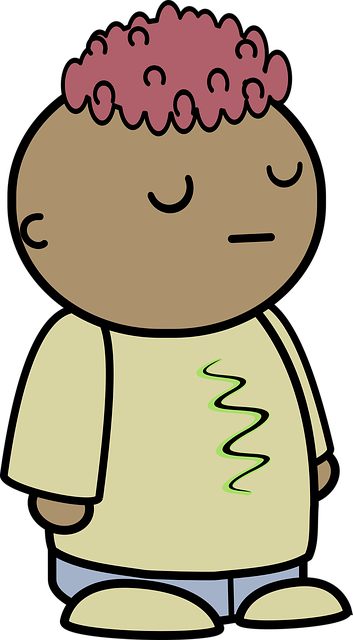Teen Challenge programs offer structured residential treatment for at-risk youth, focusing on spiritual and emotional healing through counseling, mentoring, and life skills training. Survivors have legally protected rights and may need legal assistance to address issues like abuse or breach of confidentiality. Legal advocacy groups support survivors in pursuing justice and compensation for human rights violations within Teen Challenge programs, addressing unique challenges stemming from potential trauma.
Many young lives are transformed through Teen Challenge programs, offering rehabilitation and spiritual guidance. However, as participants transition into adulthood, understanding their legal rights becomes crucial. This article explores the unique challenges faced by Teen Challenge survivors and advocates for enhanced legal protections. We delve into strategies to ensure these individuals receive fair treatment, addressing issues of consent, privacy, and post-program support. By empowering survivors with knowledge, we can facilitate a smoother reintegration into society and promote accountability within Teen Challenge organizations.
- Understanding Teen Challenge Programs and Their Impact
- Legal Rights and Protections for Survivors
- Strategies for Effective Legal Advocacy
Understanding Teen Challenge Programs and Their Impact

Teen Challenge programs, often run as residential treatment centers, are designed to help at-risk youth by offering a structured environment with a focus on spiritual and emotional healing. These programs aim to address underlying issues that contribute to behavioral problems, substance abuse, or other challenges faced by teenagers. By providing intensive counseling, mentoring, and life skills training, Teen Challenge seeks to empower young people to make positive changes in their lives.
The impact of these programs can be profound, offering survivors a sense of community, hope, and renewed purpose. Many former participants credit Teen Challenge with transforming their lives by instilling values, teaching responsible behaviors, and fostering resilience. Understanding the unique approach and benefits of Teen Challenge is crucial when advocating for the legal rights and support of its survivors, ensuring they receive the assistance needed to thrive after completion of these transformative programs.
Legal Rights and Protections for Survivors

Survivors of Teen Challenge programs, like any other individuals, are entitled to specific legal rights and protections. These include the right to privacy, freedom from discrimination, and access to adequate healthcare services. Given the sensitive nature of their experiences, survivors may also require legal assistance in navigating issues such as abuse of power, breach of confidentiality, or unfair treatment within the program.
Understanding these rights is crucial for Teen Challenge survivors to reclaim their agency and ensure they receive fair compensation if wronged. Various legal advocacy groups specialize in assisting survivors of religious programs like Teen Challenge, providing them with resources and support to pursue justice and seek redress for any violations of their basic human rights.
Strategies for Effective Legal Advocacy

Legal advocacy plays a pivotal role in ensuring justice and support for survivors of Teen Challenge programs. When navigating complex legal landscapes, several strategies can significantly enhance effectiveness. Firstly, understanding the unique challenges faced by these survivors is crucial. Many have experienced trauma, abuse, or neglect, which may impact their ability to advocate for themselves. Legal professionals should adopt a compassionate approach, offering guidance tailored to their needs.
Additionally, building strong alliances with organizations specializing in survivor support and mental health services can strengthen legal advocacy efforts. By collaborating, these entities can provide comprehensive assistance, including psychological evaluation, evidence collection, and effective communication strategies. This multi-faceted approach ensures that the voices of Teen Challenge survivors are not only heard but also empowered to pursue justice and healing.
Legal advocacy plays a pivotal role in empowering Teen Challenge survivors, ensuring their voices are heard and their rights protected. By understanding the unique impact of these programs and utilizing effective strategies, advocates can navigate the legal landscape to bring about positive change. Empowering survivors with knowledge of their legal rights is essential, fostering a supportive environment for healing and rebuilding lives after Teen Challenge experiences.
